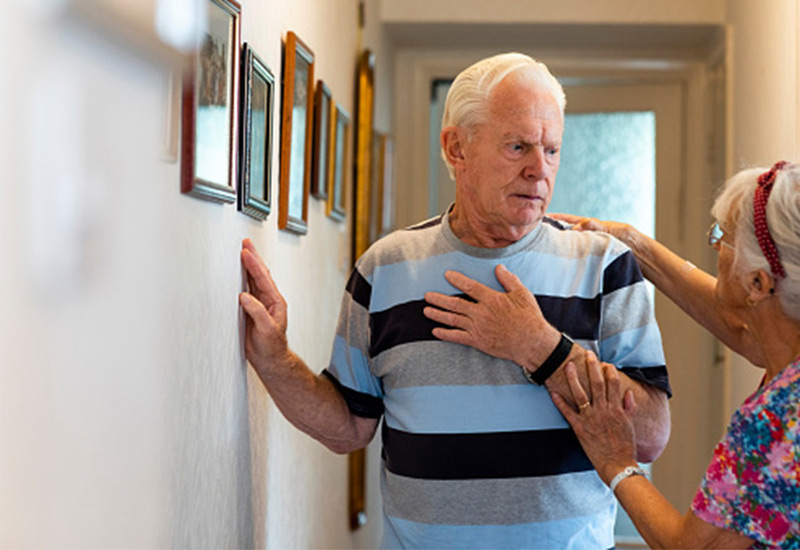
When a loved one experiences a stroke, the road to recovery can feel overwhelming. Stroke recovery in older individuals often comes with unique challenges that affect physical abilities, emotional well-being, and daily routines. For families in Milwaukee, WI, understanding what you should do for post-stroke recovery is key to providing the best care possible and promoting a fulfilling, independent life for your loved one. By combining compassionate caregiving, practical strategies, and professional support, you can help your senior family member navigate the path to recovery with dignity and confidence.
People who have a stroke commonly experience weakness, reduced coordination, or mobility limitations, especially on one side of the body. Physical support plays a critical role in day-to-day functioning and long-term progress. Caregivers can assist with post-stroke recovery by:
The emotional impact of a stroke is often underestimated. Seniors may experience depression, frustration, or anxiety about their new limitations. Offering reassurance and understanding is vital to long-term healing. Caregivers can offer emotional stroke recovery help by:
Isolation is a common issue after a stroke, especially if communication or mobility is affected. Staying connected toothers is a key part of senior stroke recovery and leads to better outcomes. Support social well-being by:
The home setting often needs to be adapted after a stroke to support recovery and safety. Whether your loved one lives alone, with family, or in one of our independent living apartments, home adjustments can make a major difference. Consider these modifications to create a safer living space:
Today’s tools and tech can make stroke recovery in senior individuals more manageable and efficient. Introducing the right technology supports independence and helps caregivers stay organized. Consider using:
Caring for a senior post-stroke requires a blend of emotional resilience, practical support, and self-care. Whether you’re providing hands-on help or coordinating professional services, remember that you’re not alone. The following tips can guide you through the process:
Helping a loved one after a stroke involves more than assisting with daily tasks - it’s about rebuilding confidence, restoring independence, and rekindling joy in life. A holistic approach to recovery means addressing physical, emotional, and social needs with care and patience. By working closely with medical professionals, encouraging progress at every stage, and tapping into Milwaukee-based caregiving resources, you can empower your loved one to reclaim their quality of life.
At St. Camillus, we understand the complexities of stroke recovery and offer comprehensive, personalized support to help seniors regain their independence and well-being. Our team, including our physical, occupational and speech therapists, help face the challenges of stroke recovery with knowledge, strength and hope, in a compassionate community that values healing and support. Contact us today to learn more about our services at 414.259.6310.